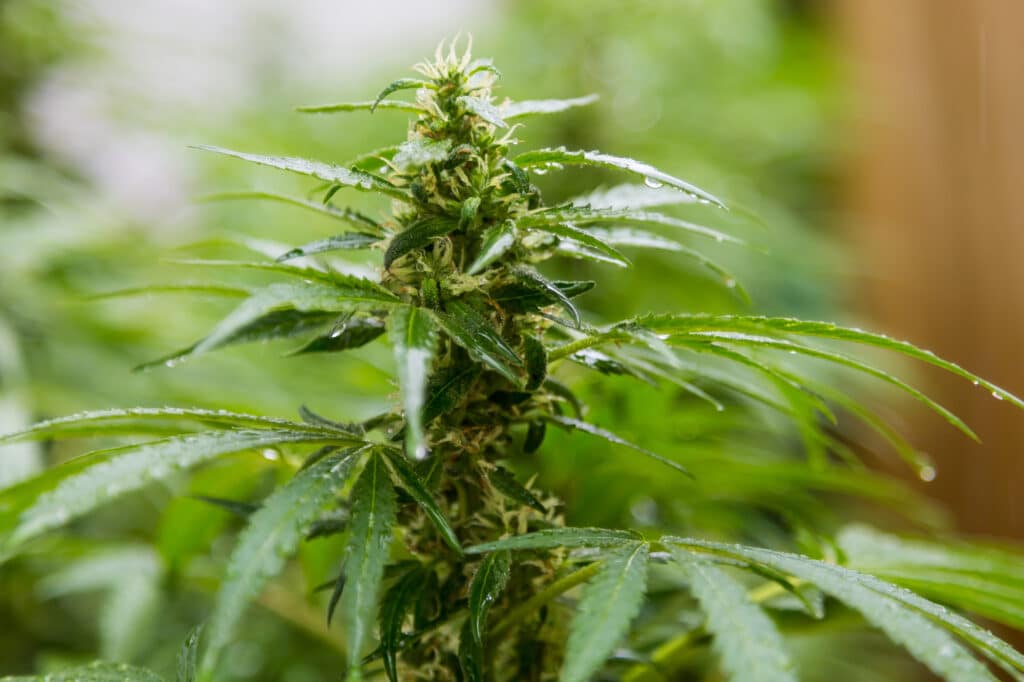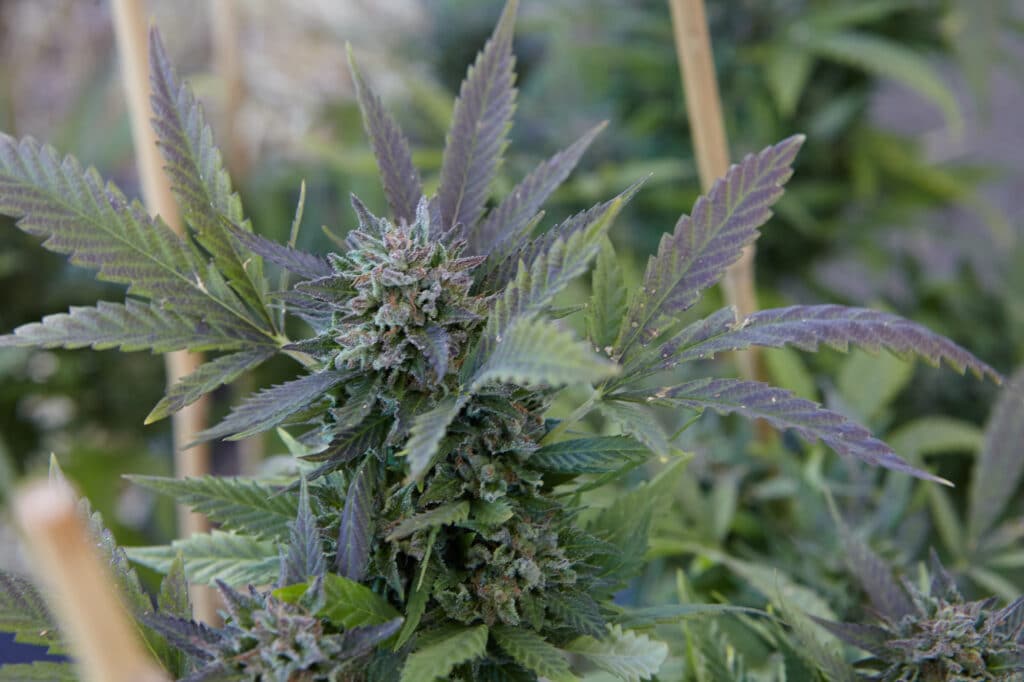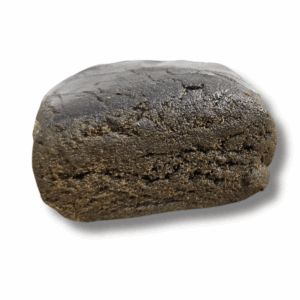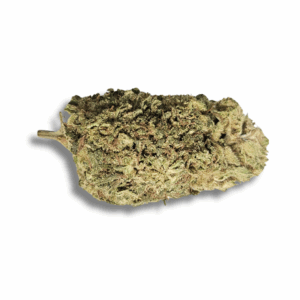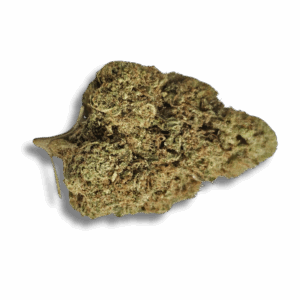Introduction
Parkinson's disease is a serious neurodegenerative disorder that affects millions of people worldwide. Characterized by the progressive loss of dopaminergic neurons in the brain, this disease causes motor symptoms such as tremors, muscle rigidity and slowness of movements. In addition, it can cause non -motor symptoms such as depression, anxiety and sleep disorders, seriously affecting the quality of life of patients. In this constant research of effective treatments, cannabidiol (CBD), a non -psychoactive compound extracted from cannabis, is distinguished as a promising option to accompany people with Parkinson. This article explores the potential of CBD in the management of symptoms of this complex disease.
Understanding CBD and its Properties
What is CBD?
CBD, or cannabidiol , is one of several cannabinoids found in the cannabis plant. Unlike THC (tetrahydrocannabinol), the main psychoactive component of cannabis, CBD does not induce psychotropic effects, which means that it does not alter the consumer's state of consciousness. Growing research suggests that CBD may have therapeutic effects for various medical conditions, including Parkinson's disease.
CBD Mechanisms of Action
The CBD interacts with the endocannabinoid system of the human body, a complex network of receptors and neurotransmitters which regulate various physiological processes such as pain, mood, sleep and the immune system. The CBD seems mainly influencing CB1 and CB2 receptors of the brain, as well as other molecular targets such as serotonin receptors and TRPV1. These interactions can design potential benefits to reduce some of the symptoms associated with Parkinson's disease.
Potential Impact of CBD on the Symptoms of Parkinson's Disease
Reduction of Motor Symptoms
Some Parkinson's patients report that using CBD helps reduce tremors, muscle rigidity, and improve their gross motor skills. Although clinical studies are still limited, several investigations have shown that CBD may offer a significant reduction in motor symptoms in some people. The anti-inflammatory and neuroprotective effects of CBD could play an important role in these improvements.
Improvement of Non-Motor Symptoms
Non -motor symptoms such as anxiety, depression and sleep disorders are often overlooked but represent a significant part of the Parkinson's disease. CBD has been shown to have anxiolytic and antidepressive properties, which could be beneficial to treat these non -motor aspects. In addition, preliminary studies indicate that the CBD could help regulate sleep cycles, contributing to a better quality of night rest for people with Parkinson.
Scientific Studies and Results
Clinical Trials on CBD and Parkinson's Disease
Although much evidence remains anecdotal, there are a growing number of clinical trials exploring the potential benefits of CBD for Parkinson's disease. For example, a study by the University of São Paulo found that 300 mg of CBD administered daily over a six-week period helped reduce insomnia and anxiety in participants with Parkinson's.
Preclinical Results
In addition to clinical trials, several animal studies have shown that CBD may have neuroprotective effects that slow the progression of neurodegenerative diseases such as Parkinson's disease. For example, a study in animal models demonstrated that CBD could mitigate neuronal damage caused by toxic substances mimicking the effects of Parkinson's disease.
How to Use CBD for Parkinson's Disease
Different Forms of CBD
There are different forms of CBD available for consumption:
- CBD Oil : Typically taken under the tongue for rapid absorption.
- Capsules and Tablets : practical for precise dosing.
- Sweeteners and Infusions : easy to incorporate into daily meals.
- Topical : creams and ointments applied directly to the skin to relieve specific pain.
Dosage and Precautions
Determining the right dosage of CBD is crucial and can vary from person to person. It is recommended to start with a low dosage and gradually increase until the desired effect is achieved. It is also essential to consult a healthcare professional before starting any CBD treatment, as CBD could interact with other medications used to treat Parkinson's disease.
Current Barriers and Limitations
Limited Search
Despite the encouraging evidence, research into CBD for Parkinson's disease is still in its early stages. More long-term studies are needed to fully understand the effectiveness and safety of CBD in this setting. Many current studies are limited by small participant samples and varied methodologies.
Regulatory Issues
Legislation regarding CBD varies greatly from country to country and even region to region. This complicates patient access to CBD products and makes it difficult for researchers to conduct rigorous, controlled studies. The stigma surrounding the use of cannabis derivatives also continues to be a barrier to the popularization and acceptance of CBD as a serious treatment option.
Conclusion
CBD is proving to be a promising avenue to support the symptoms of Parkinson's disease. Although the research is still at an early stage, early evidence suggests that CBD may help reduce motor and non-motor symptoms of this complex disease. While awaiting further studies, it is essential for patients and healthcare professionals to stay informed about scientific advances and consider CBD as a potential complementary option. At Buddha Farm, we are dedicated to providing accurate information and high-quality products to help our customers explore the potential benefits of CBD.




